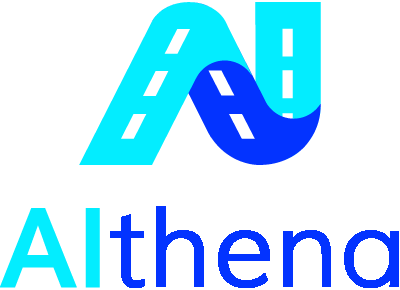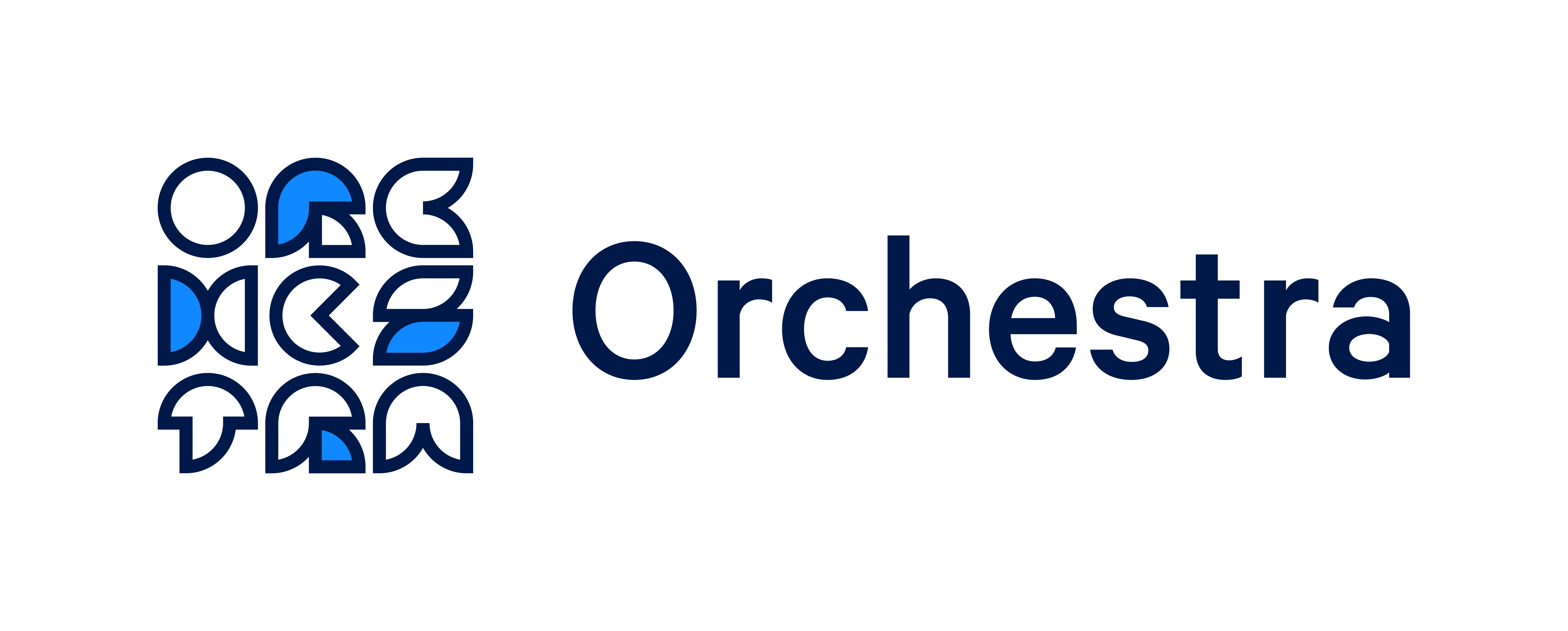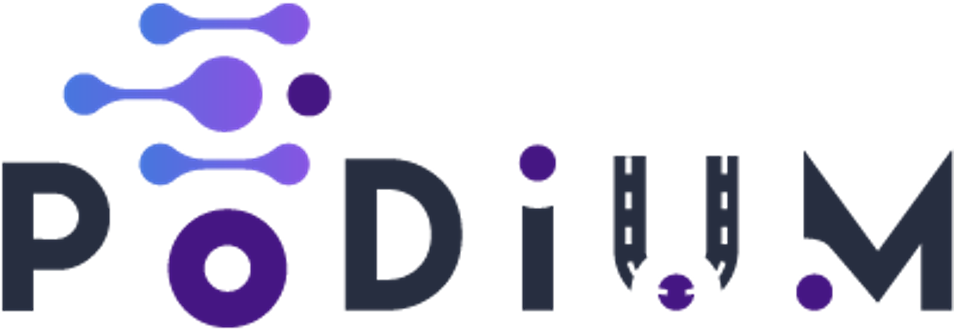Liaison with relevant projects and initiatives
Enhancing Integration and Interoperability of CCAM eco-system
The IN2CCAM project intends develop, implement and demonstrate innovative technologies and services for infrastructures and users to include connected and automated vehicles in the transport of passengers and goods. The approach is based on the implementation and integration of enhanced Physical, Digital and Operational Infrastructures to enrich CCAM services and increase safety and traffic efficiency.
AI-based CCAM: Trustworthy, Explainable, and Accountable
The AITHENA project proposes the definition of a common and harmonized methodology for AI-based CCAM solutions (perception, situational awareness, decision-making and traffic management) development and testing focusing on the trustworthy AI pillars (accuracy, explainability, accountability, privacy, ethics) to serve the diverse end user types: vehicle drivers, function developers, and certification/legal bodies. AITHENA will work and advance on three AI aspects: DATA, AI MODELs development and TESTING and Validation approaches.
Decision-making tools for smarter, safer mobility
Connected and automated vehicles have the potential to revolutionise transportation, but they struggle to manage real-world complexities. The EU-funded EVENTS project addressed this challenge, enabling automated vehicles to navigate unpredictable scenarios such as vulnerable road users, unstructured roads and adverse weather. The project focuses on developing next-generation perception algorithms and decision-making systems that enable vehicles to sense and respond to their environments with greater precision. A key aspect is expanding the operational design domain (ODD) of autonomous systems, enabling them to perform safely in challenging driving conditions.
Advanced tools to ensuring seamless, secure and user-centric mobility
Ensuring the performance and safety of connected cooperative automated mobility (CCAM) hinges on understanding its operating context. While the operational design domain (ODD) defines the environment for which a system is designed, authorities and road operators manage public digital infrastructure (PDI) with limited knowledge of diverse ODD specifications. Evaluating CCAM service safety requires considering both the ODD and the conditions of the road environment. The challenge lies in designing broader ODDs that safely cooperate with PDI, incorporating feedback from authorities and operators. The EU-funded FRODDO project aims to develop robust, safe ODDs with fail-safe designs that integrate advanced sensing, machine learning, hybrid artificial intelligence and simulations to enhance CCAM-enabled PDI management.
Paving the way for safer and more reliable autonomous vehicles
Future self-driving vehicles promise improved safety and efficiency in transportation. However, it is essential to first build a solid framework of the operational design domains (ODDs), including conditions related to sensing, behaviour prediction and dependability, as well as the establishment of regulatory standards. This can best be achieved through a multidisciplinary approach involving industry stakeholders. To this end, the EU-funded iEXODDUS project aims to systematically analyse existing ODDs to detect constraints and make recommendations for improvement. This assessment will form the basis for a framework to evaluate ODDs in a wide range of automated driving scenarios. Special attention will be given to enhancing and extending ODDs and perception capabilities, accounting for disruptive factors such as in tunnels and road works.
Coordinating and synchronising multimodal transport improving road, rail, water and air transport through increased automation and user involvement
The ORCHESTRA project will coordinate and synchronise the traffic management of all transport modes. The project aims to provide European policymakers, public authorities, transport providers, and citizens with both new knowledge and technical and organisational solutions to enhance collaboration and synchronising of operations within and across transport modes, enhancing safety and reducing emissions. ORCHESTRA will establish a common understanding of multimodal traffic management concepts and solutions, for various stakeholders and multiple contexts. It will define a Multimodal Traffic Management Ecosystem (MTME) where traffic managements in different modes and areas (rural and urban) are coordinated to contribute to a more balanced and resilient transport system, bridging current barriers and silos.
Accelerating the implementation of connected, cooperative and automated mobility technology
Physical and digital infrastructure (PDI) is key to improving cooperative, connected and automated mobility services. Physical elements of infrastructure include road side traffic signs, communication network components and vehicles, while digital components involve traffic rules and regulations, as well as input from roadside, vehicle and user sensors. The EU-funded PoDIUM project aims to identify and assess the connectivity and cooperation enablers to achieve higher levels of automation. Use of a multi-connectivity approach and a distributed, interoperable, hybrid data management environment will advance important PDI technologies. PoDIUM's final outcome will be a reference architecture that can be applied to various road environments and infrastructure equipment.
New tools for a dynamic management of multimodal traffic operations
TANGENT is improving multimodal transport flows and innovative mobility solutions in cities. The project is developing new tools for optimising traffic operations in a coordinated way, considering both mostly passengers and freight transport. TANGENT has four pilots: Athens (virtual case study), Greater Manchester, Lisbon and Rennes. It is testing and delivering the following services for decision-making support:
- Enhanced information for multimodal transport management to integrate information from all transport modes through a single dashboard and via APIs to transport operators, service providers and transport users.
- Real-time traffic management through recommendations at operational and tactical levels to transport agents, optimising the overall transport network.
- Transport network optimisation to support decision-makers in producing policies or response plans to optimise the performance of the network, including dynamic transport network management and transport supply optimisation.
TANGENT solutions will help pilot cities achieve reductions in travel times, CO2 emissions and accidents, and increase uptake of public transport and active modes.
Integrated CCAM Technologies Cluster
The Integrated CCAM Technologies Cluster is a collaboration between several EU-funded projects working to advance Connected, Cooperative, and Automated Mobility (CCAM). The cluster aims to encourage knowledge exchange and technical coordination across key areas such as AI, sensing, infrastructure, and automation, with the goal of supporting safer, more efficient, and more sustainable transport systems.
Participating projects include: AITHENA, CONDUCTOR, EVENTS, FRODDO, iEXODDUS, PoDIUM








